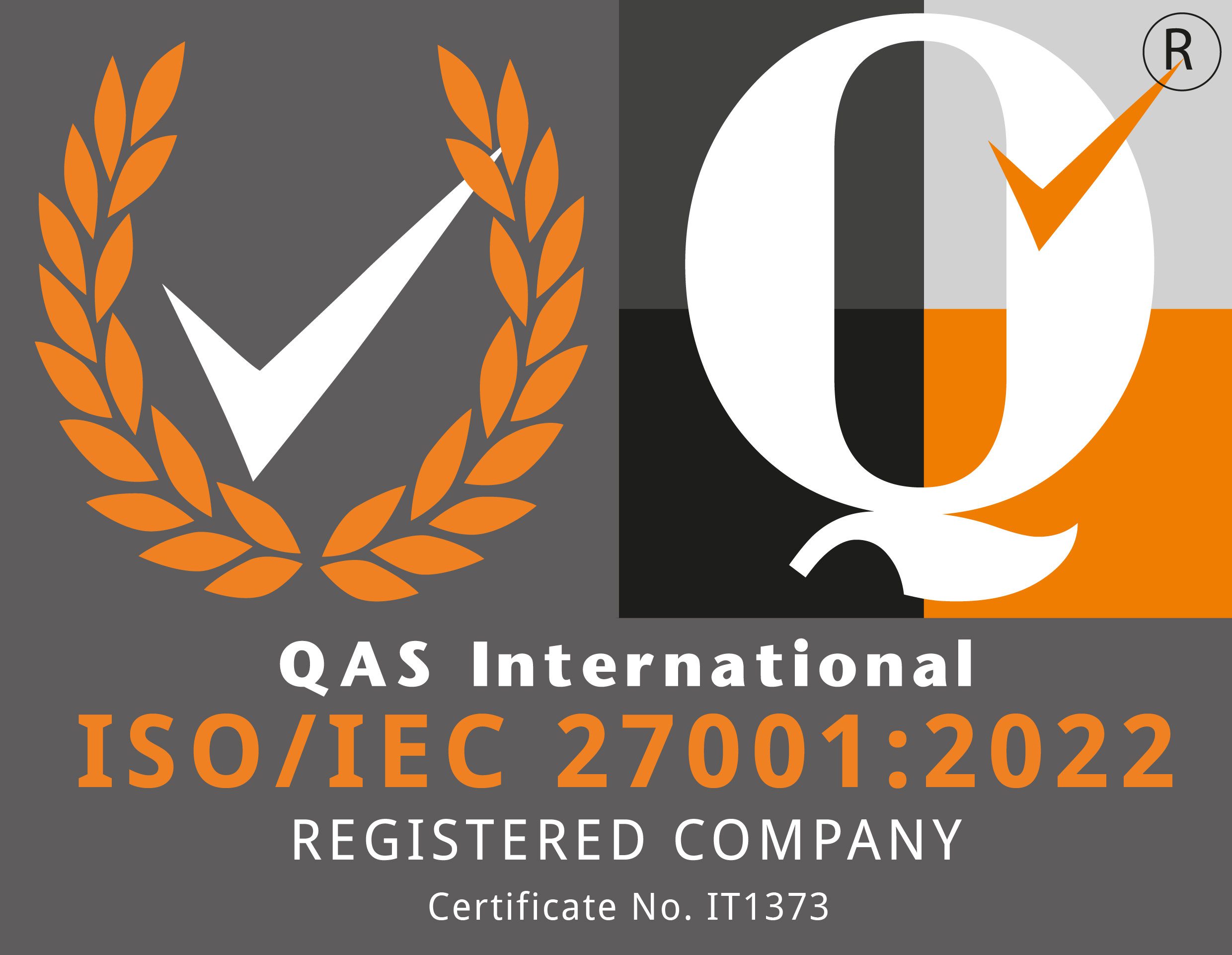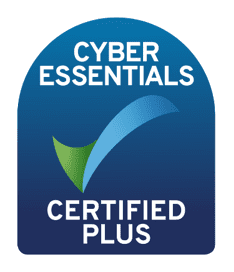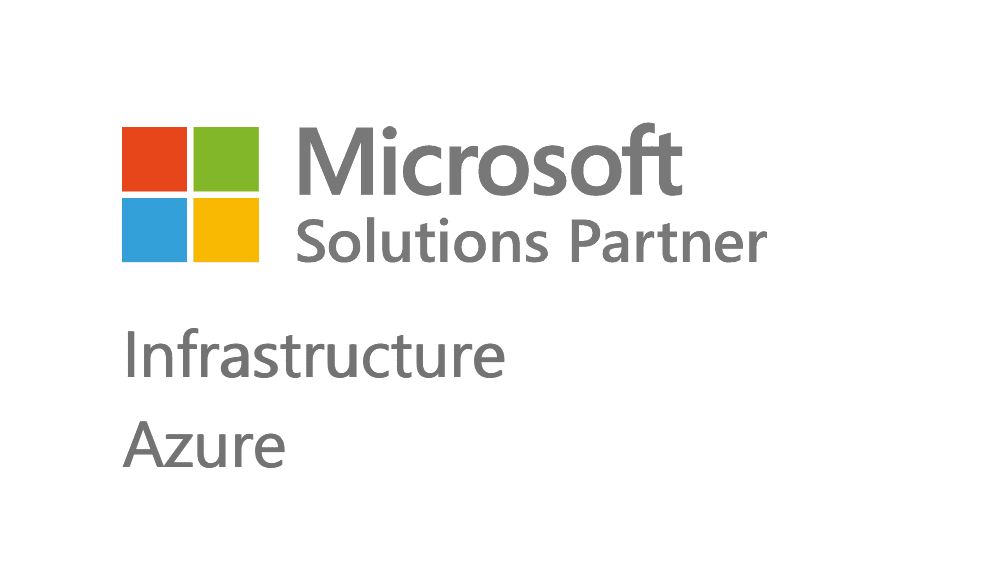Elevate Your Business with Expert IT Support: A Buyer's Guide.
What is IT Support?
Different Types of IT Support – Which One Is Right for Your Business?

Deciding the right type of IT Support your business requires involves evaluating your infrastructure, budget, and the level of control you desire over your IT environment.
IT Support can include:
- Managed IT Services: Proactive, ongoing support that includes monitoring, maintenance, and problem resolution for a fixed monthly fee.
- Break-Fix Support: Pay-per-incident services where you only pay when there's a problem.
- Call Down: IT support is on a retainer basis, where you call off the support as and when it’s required.
Service Level Agreements – What to Watch Out For?
- On-Site Remote Support: Choosing between physical on-site assistance or remote support largely depends on your business's needs.
- Response Time: Ensure the agreement specifies response times for different types of issues.
- Uptime Guarantees: Look for uptime guarantees and how downtime is compensated.
- Scope of Services: Understand what's included and what falls outside the agreement.
- Exit Clauses and Penalties: Check termination clauses and penalties for breach of contract.

Carefully reviewing SLAs prevents misunderstandings and ensures expectations align with the service provider.
How Much Should You Expect to Pay?
The cost of IT support varies significantly based on services rendered, company size, and complexity of IT infrastructure. Generally, pricing models include:
|
Hourly Rates |
Common for break-fix support |
|
Fixed Monthly Fees |
Predominant in managed services, offering predictability in expenditure. |
|
Tiered Pricing |
Scaled packages catering to different business sizes and needs. |
There are several factors that need to be taken into consideration when regarding IT support costs. Prices vary on a number of criteria such as:
- Location: It won’t be a surprise that London sees some of the highest rates in the country. Prices in the capital can start at several hundred pounds per computer.
- Support Level Required: The amount of support your business needs will affect the cost of IT Support.
- Number of users: Does your business have 2 users or 200 users? Most IT support is based on a per user basis – the more users, the more the cost.
What Questions Should I Ask?
It is essential that you ask your potential IT provider a range of questions to gain a deeper understanding of their capabilities. A professional IT firm will have no problem in answering your questions, and will expect you to question their integrity. Some questions to consider are:
- Experience and Expertise: Inquire about their experience with similar businesses and technologies.
- Security Measures: Discuss security protocols and compliance measures.
- Scalability: Ensure they can accommodate your growth and evolving IT needs.
- References and Testimonials: Request references or case studies showcasing their successful partnerships.
- Accreditations and Certifications: Are a way for a business to build credibility within their field. Some accreditations and certifications to consider are:
- Are they affiliated with a partner program such as a Microsoft Solutions Designation , or Google Cloud?
- Do they hold certifications for IT security such as
Cyber Essentials or NIST? - Do they hold any Information Security Management System (ISMS) certificates such as ISO27001 ?
Choosing the right IT firm
It is critical to appoint an IT Firm that aligns with your business values and requirements. When selecting an IT firm it is important consider the following:
- Evaluate their Reputation: Check reviews, testimonials, and industry reputation.
- Assess Communication: Ensure clear and prompt communication channels.
- Fit for your Business: Look for a IT provider that aligns with your company culture and goals.
- Flexibility and Scalability: Choose a IT partner capable of adapting to your business's changing needs.
Final thoughts
Investing in quality IT support is pivotal for the efficiency and security of your business operations. By understanding the various types of support, scrutinising service level agreements, considering costs, asking pertinent questions, and carefully selecting the right IT firm, you can make an informed decision that aligns with your business objectives.
Remember, the right IT support is not merely a service provider but a strategic partner in your business's success.
 Click Here
Click HereTo Book A Meeting!
Enjoyed these tips?
Click HereIf you found this blog helpful, we have lots of other useful downloads with tips on using technology to improve your business. Browse our white papers, guides and free policy templates below.








